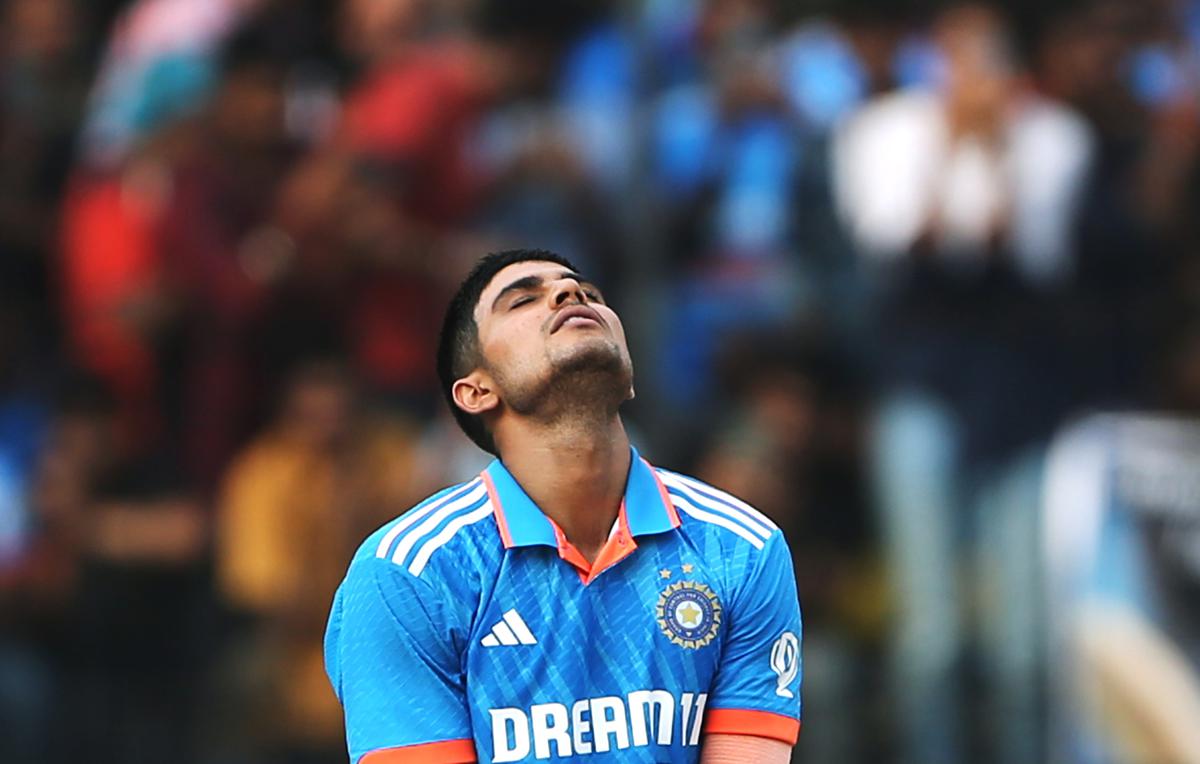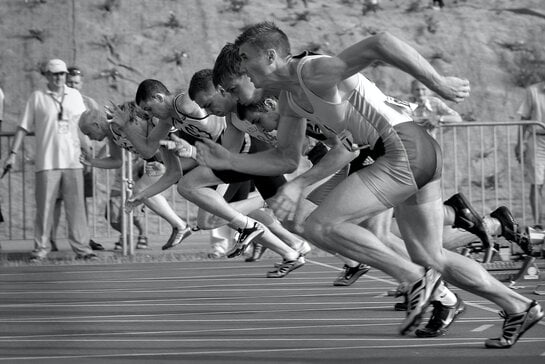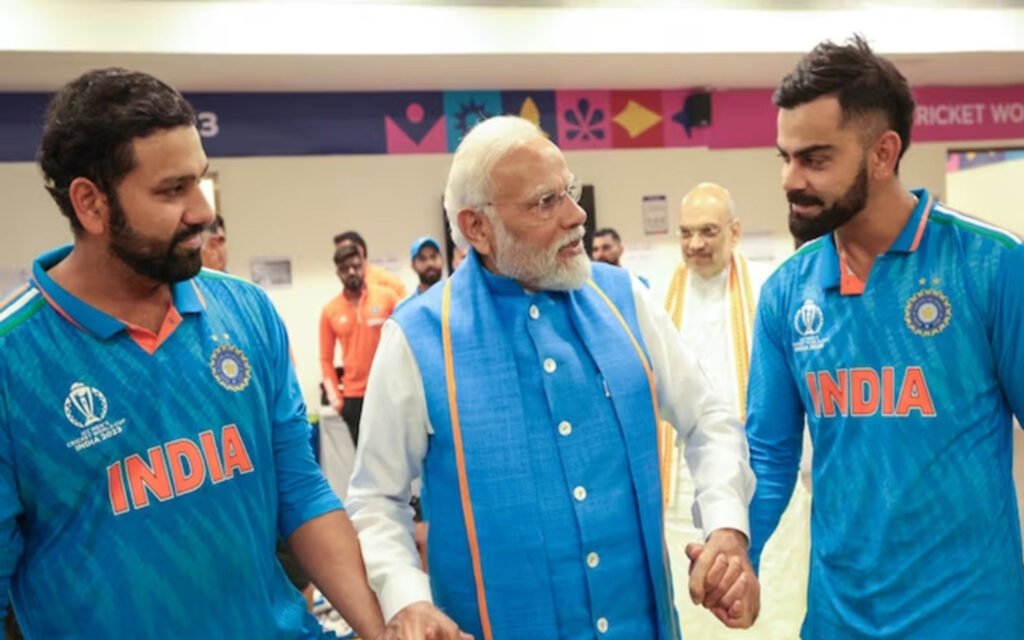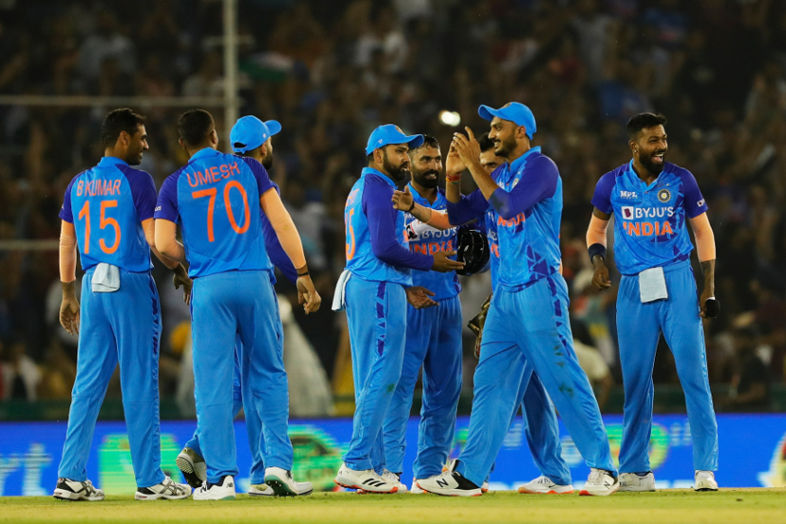While specific statistics on sports performance anxiety in Indian athletes have indicated that sports anxiety is prevalent in the general population. Anxiety disorders are estimated to affect around 3-5% of the Indian population. With performance anxiety in sports psychology being a common feeling among athletes and individuals in high-pressure environments.
Performance anxiety can significantly impact the performance of athletes in India across various sports. Ranging from cricket and badminton to athletics and wrestling. With the growing emphasis on sports at a young age, many Indian children and adolescents experience performance anxiety as they navigate competitive sports tournaments and events.
Even professional athletes in India are not immune to performance anxiety. The pressure to perform consistently at a high level, coupled with expectations from fans and sponsors, can trigger the anxiety symptoms.
The sports psychologist presented these statistically robust data of India on performance anxiety in sports, suggests there is evidence to suggest it’s a prevalent issue:
- General Trend: Studies done on athletes globally show a significant link between high anxiety and reduced performance. It’s reasonable to assume this applies to Indian athletes as well.
- Focus on Physical Training: Articles report a cultural emphasis on physical fitness in Indian sports programs, with mental health often overlooked. This lack of focus on mental training likely means performance anxiety goes unaddressed.
- Stigma Around Mental Health: There’s a documented stigma surrounding mental health issues in India. This can make athletes reluctant to seek help for performance anxiety.
While below mentioned facts provide some insight into the prevalence and impact of performance anxiety in Indian athletes, further research is needed to gain a more comprehensive understanding of the issue and develop targeted interventions and support systems.
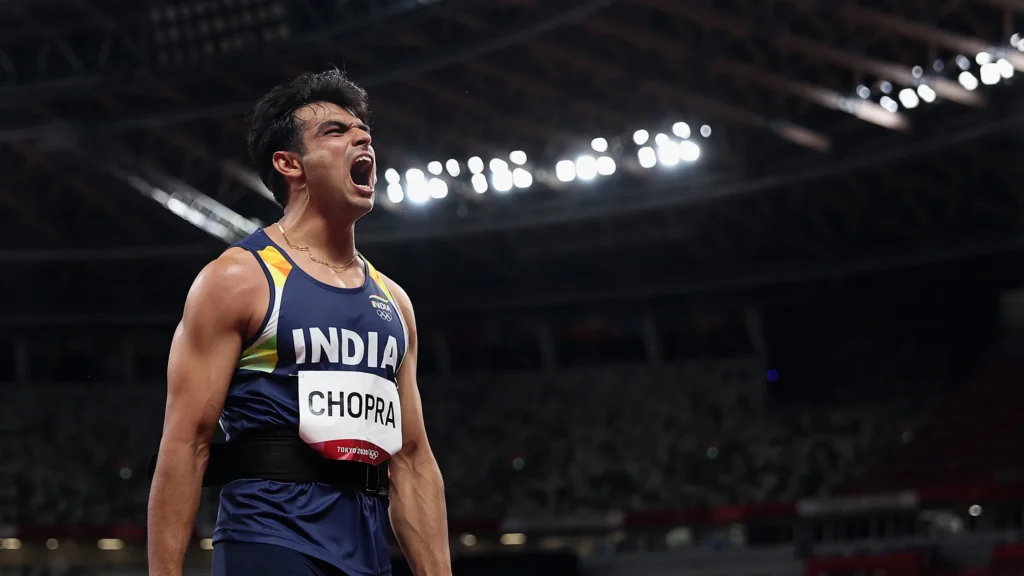
What is Performance Anxiety in Sports
Performance anxiety can lead to decreased confidence, disrupted concentration, and physical symptoms such as muscle tension and racing heartbeat, all of which can negatively impact an athlete’s performance.
Performance anxiety in sports, also known as “choking under pressure” or “competition stress,” refers to a psychological condition where an athlete experiences heightened levels of stress, nervousness, or fear of failure during competitive situations. This anxiety can negatively impact their performance, leading to underachievement compared to their usual capabilities.
There is a growing recognition of the importance of mental health support for athletes in India. Sports organizations, coaches, and sports psychologists are increasingly emphasizing the need to address mental health concerns, including performance anxiety, as part of an athlete’s overall well-being.
Common symptoms of performance anxiety in sports include:
- Muscle tension or trembling
- Nausea or stomach discomfort
- Inability to execute skills effectively
- Fear of embarrassment or failure
- Increased heart rate and sweating
- Difficulty concentrating or focusing
- Negative thoughts and self-doubt
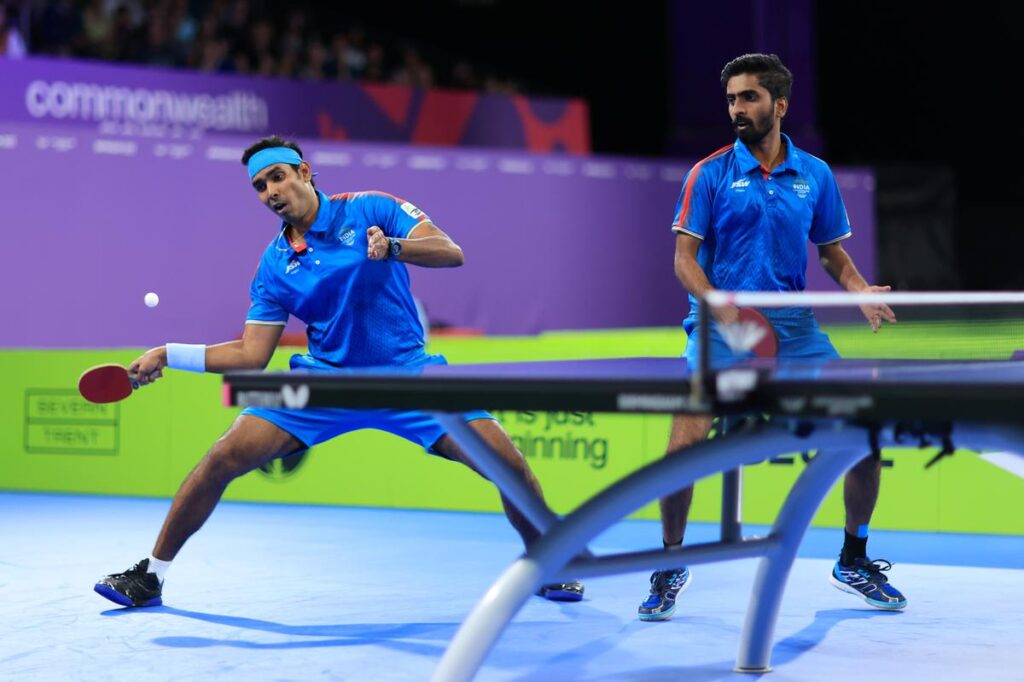
5 Techniques to Overcome Performance Anxiety in Sports
So, you know that feeling when you’re watching sports and you see a player sweating bullets, heart pounding like crazy, and you can practically taste the nerves in the air? Yeah, that’s performance anxiety for you.
It’s like this invisible weight that sits on an athlete’s shoulders, messing with their head and making them doubt everything they know. From rookies to seasoned pros, it’s the great equalizer – nobody’s immune.
Performance anxiety in sports is a common occurrence that can affect athletes at any level. It can manifest as feelings of nervousness, fear of failure, or self-doubt, ultimately hindering an athlete’s ability to perform at their best. However, there are strategies athletes can employ to manage and overcome negative stressors. Here are five effective ways to deal with it:
1. Mental Preparation
One of the most effective ways to combat performance anxiety is through mental preparation. This involves visualizing success, practicing positive self-talk, and mentally rehearsing the skills required for competition. By mentally preparing for competition, athletes can build confidence and reduce anxiety leading up to the event.
Scenario: Delving into the Power of Visualization
Before the cricket match against their arch-rivals, the state team captain, Rohan, found himself struggling with performance anxiety. As he sat in the locker room, he closed his eyes and visualized himself confidently playing each shot with precision. He reminded himself of the countless hours of practice he had put in and the support of his teammates. With each breath, he felt the anxiety dissipate, replaced by a sense of calm determination. By mentally preparing himself in this way, Rohan was able to step onto the field with confidence and lead his team to victory.
2. Embracing Relaxation Techniques
These relaxation techniques into pre-game routines can help athletes manage performance anxiety. Techniques such as deep breathing, progressive muscle relaxation, and emotional control can help calm the mind and body, reducing feelings of stress and anxiety. By practicing these techniques regularly, athletes can develop the skills needed to stay calm and focused during competition.
Scenario: Finding Serenity Amidst the Storm
Priya, a promising young badminton player, was feeling the weight of expectations as she prepared for the national championship. To calm her nerves, her coach introduced her to relaxation techniques. Before each match, Priya would find a quiet corner of the stadium and practice deep breathing exercises. She would focus on inhaling slowly through her nose, filling her lungs with air, and exhaling gently through her mouth. As she repeated this process, she felt her muscles relax and her mind clear. With a sense of tranquility, Priya stepped onto the court and delivered a stellar performance, ultimately clinching the championship title.
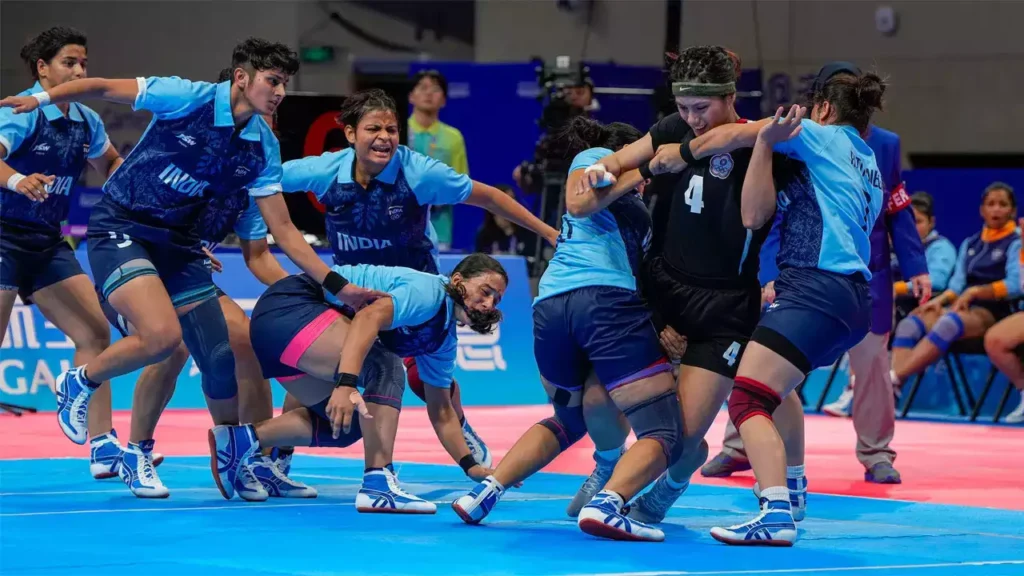
3. Shifting Focus to the Process, Not Outcome
Performance anxiety often stems from a fear of failure or the pressure to achieve a specific outcome. To combat this, athletes can shift their focus away from the end result and instead concentrate on the process of competing. By focusing on aspects within their control, such as effort, technique, and strategy, athletes can alleviate some of the pressure associated with performance and perform more freely.
Scenario: Navigating the Journey, Not Just the Destination
Raj, a talented young sprinter, was feeling the pressure to win gold at the upcoming national track meet. However, his coach reminded him to focus on the process rather than the outcome. During his training sessions, Raj concentrated on perfecting his running form, improving his starts, and increasing his stamina. Instead of worrying about the results, he trusted that his hard work would pay off in the long run. When race day arrived, Raj focused on executing each stride with precision, knowing that if he stuck to his process, the results would take care of themselves. His disciplined approach paid off as he crossed the finish line first, setting a new personal best in the process.
4. Mental Routines and Rituals
Establishing a pre-game routine or rituals can provide athletes with a sense of familiarity and control, reducing anxiety levels before competition. Whether it’s listening to music, performing a specific warm-up routine, or engaging in a pre-game visualization exercise, having a set routine can help athletes feel more prepared and confident heading into competition.
Scenario: Harnessing the Power of Familiarity
Before every kabaddi match, Anika, a seasoned player, followed a strict pre-game routine. She would arrive at the stadium early, wearing her lucky red headband. As she stepped onto the court, she performed a series of stretching exercises, followed by a sports visualization meditation where she envisioned herself dominating the game. Next, she would engage in a team huddle, chanting motivational slogans with her teammates. This routine helped Anika feel grounded and focused, allowing her to play with confidence and intensity from the opening whistle.
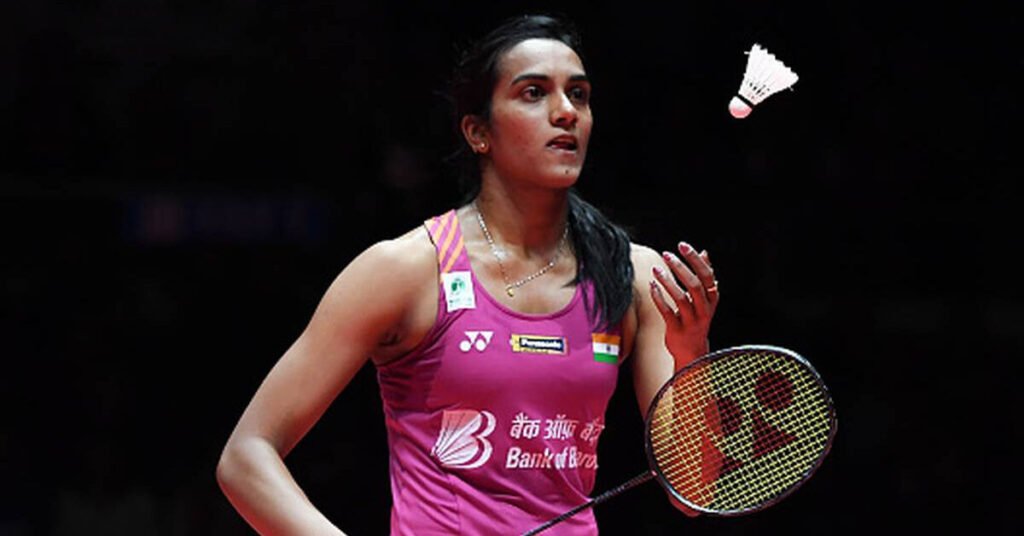
5. Seeking Support
In the moment of performance anxiety, athletes dealing with performance anxiety should not hesitate to seek support from coaches, teammates, or sports psychologists. Talking about feelings of anxiety with trusted individuals can provide validation and perspective, while professional guidance can offer specific strategies and techniques for managing anxiety effectively. Remember, it’s okay to ask for help when needed, and seeking support can ultimately lead to improved performance and well-being.
Scenario: Embracing the Strength in Vulnerability
Vijay, a young cricketer, was struggling with performance anxiety ahead of the crucial match against a formidable opponent. Sensing his distress, his coach, and teammates rallied around him, offering words of encouragement and support. They reminded Vijay of his strengths and past successes, instilling belief in his abilities. Additionally, the team psychologist provided Vijay with coping strategies and relaxation techniques to manage his anxiety. With the unwavering support of his team behind him, Vijay felt empowered to face his fears and perform to the best of his abilities on the field.
Conclusion to Performance Anxiety in Sports
In conclusion, performance anxiety is a common challenge for athletes, but it can be managed and overcome with the right strategies. By focusing on mental preparation, incorporating relaxation techniques, shifting focus to the process, establishing routines, and seeking support, athletes can effectively deal with performance anxiety and perform at their best when it matters most.

